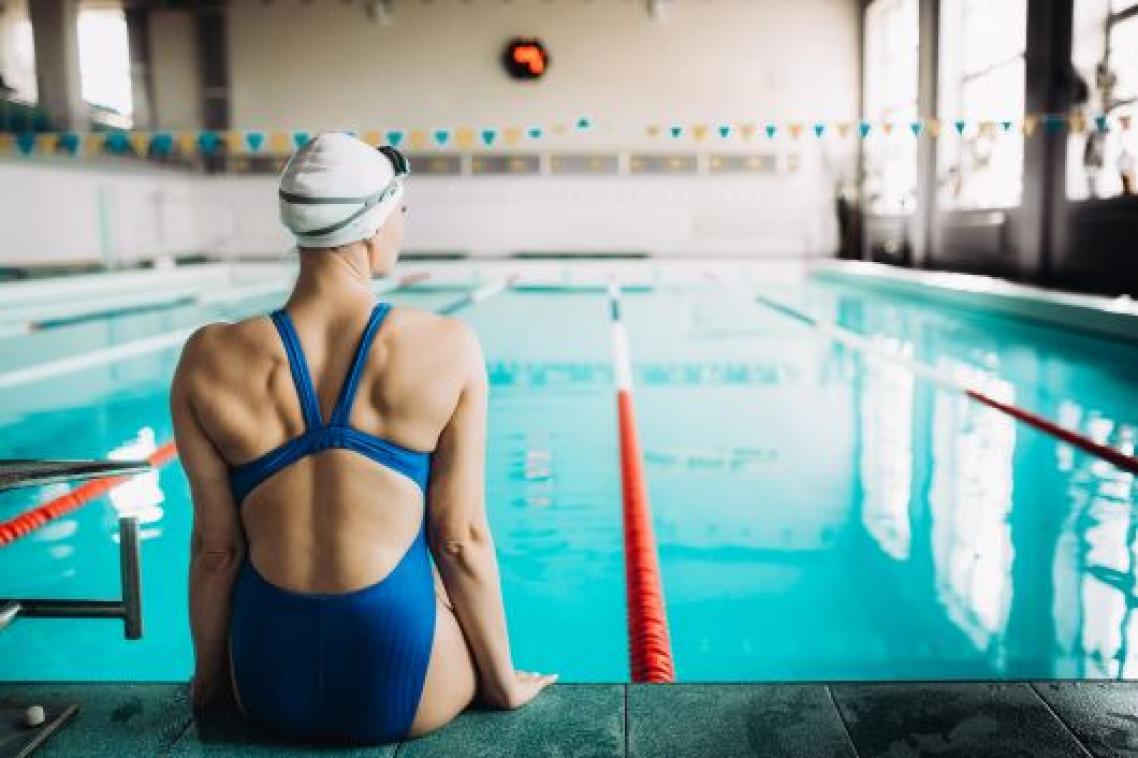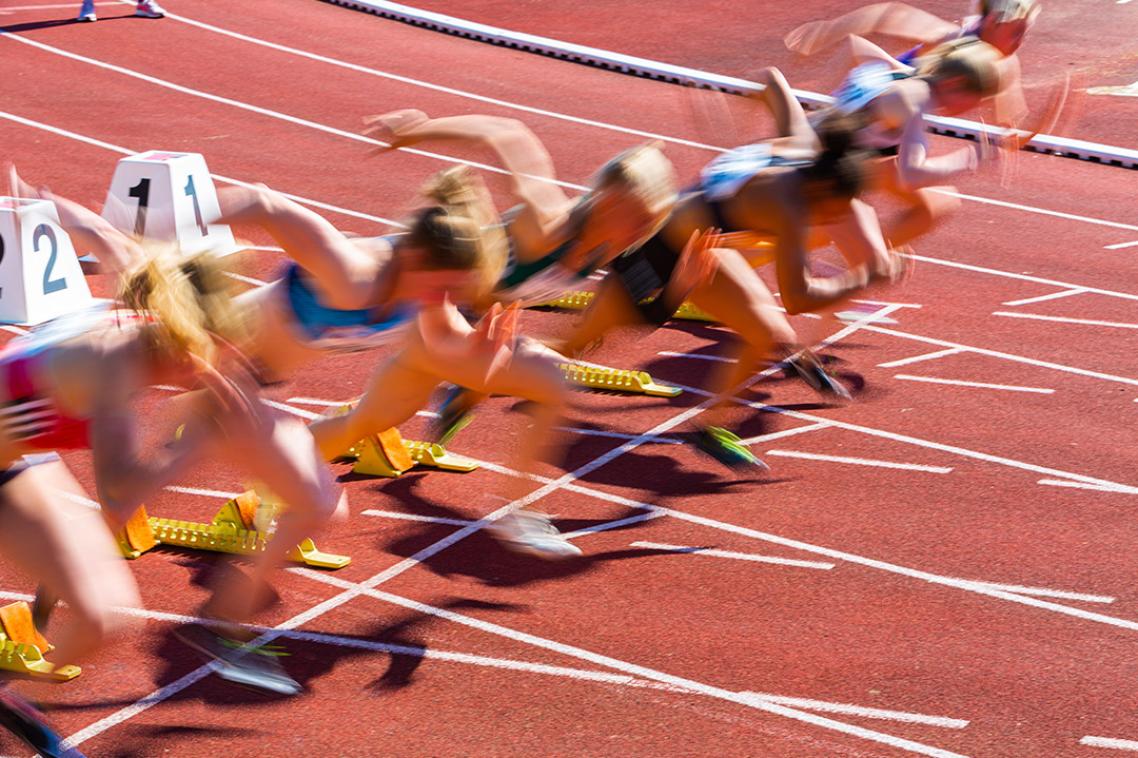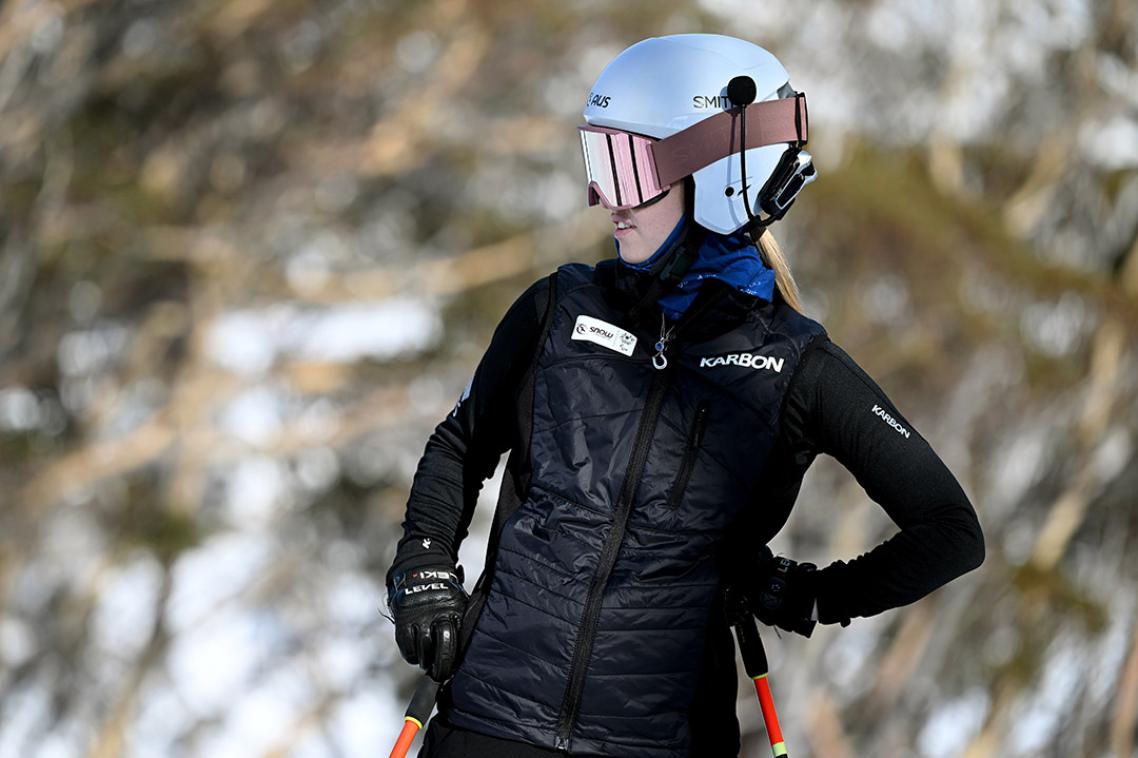Helping elite athletes adjust to life away from the spotlight

University of Queensland research is supporting elite athletes to adjust to life after retiring from sport.
Dr Tarli Young from UQ’s School of Psychology evaluated a digital intervention program developed by UQ researchers and collaborators in Scotland and Belgium, to help athletes transition from a professional sports career.
“Many elite athletes struggle with mental health after leaving sport,” Dr Young said.
“It’s a major life change as it often requires a complete reconfiguration of identity, and in some cases can result in psychological distress and poor adjustment to retirement.
“Our team developed More Than Sport to address these issues and help athletes prepare for and plan their future identities and social connections outside of elite sport.
“The data highlights how retiring can impact an athlete’s identity, their relationships inside and outside of sport, and how to manage social connections to support them during the transition.”
More Than Sport includes retired elite athletes sharing their experiences of retirement, interactive activities and encouragement to reflect on social connections and their sense of identity.
The program has been trialed with 25 former and current elite athletes from Australia, the United Kingdom and Belgium with recruitment currently underway for a second larger trial.
"Feedback about the program has been overwhelmingly positive,” Dr Young said.
“Many participants said it helped them understand why they were struggling to adjust to retirement, and they were relieved to know they weren’t alone in their experiences.”
More Than Sport was developed using data from research led by Professor Catherine Haslam that identified the identity changes and associated experiences of adjustment by retired athletes.
“Some transitioned well, and others struggled to come to grips with who they have become after retiring from sport,” Professor Haslam said.
“We found athletes who had multiple or diverse social groups outside of their sporting identity navigated the transition to retirement a bit easier.
“For many athletes, sport is the centre of their world and when the time comes to retire it’s common to experience a range of setbacks including loneliness, depression and low self-esteem.
“There are very few interventions that zero in on the challenges of identity change and its management with a view to supporting athletes as they transition away from elite sport.
“Programs such as More Than Sport are important to support athletes with a smooth and positive experience as they navigate retirement.”
The research was published in Psychology of Sport and Exercise.
Topics
Related articles

UQ selected as Australia and Oceania’s first International Testing Agency Academic Centre

Sunshine state to the slopes - Georgia Gunew’s path to the Winter Paralympics
Media contact
UQ Communications
communications@uq.edu.au
+61 429 056 139
